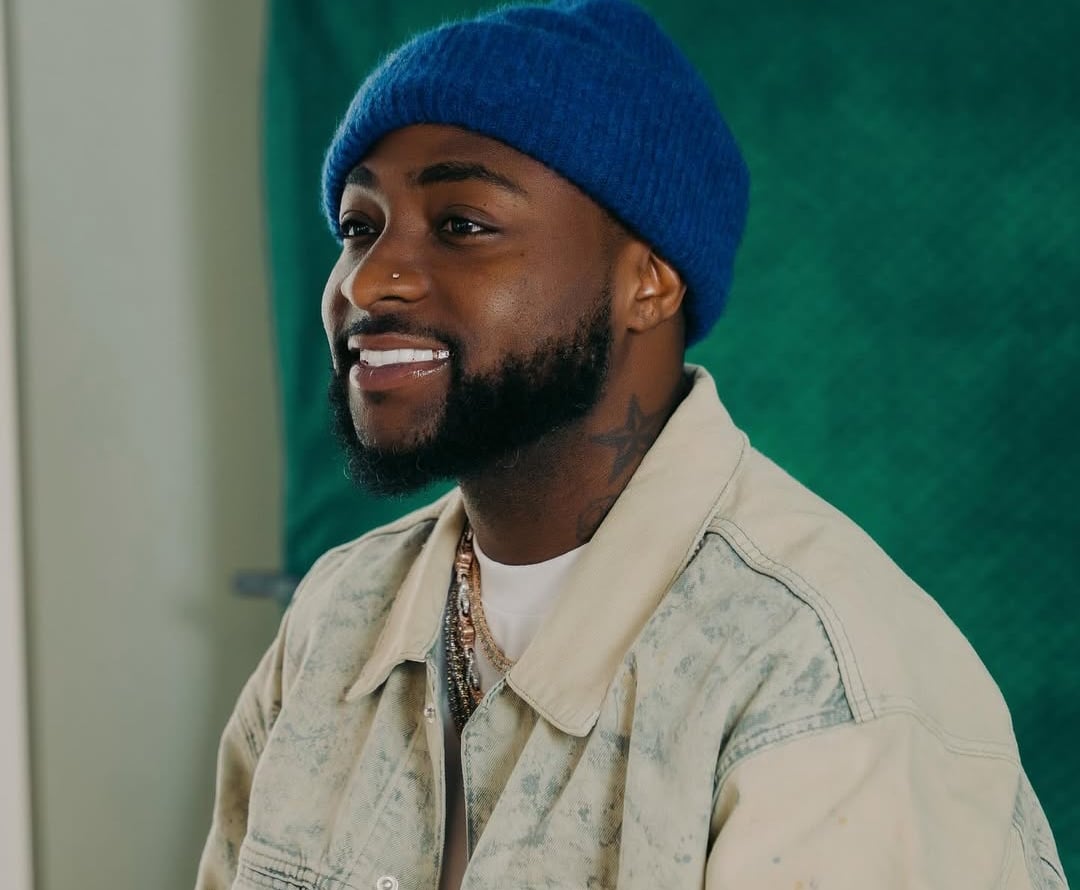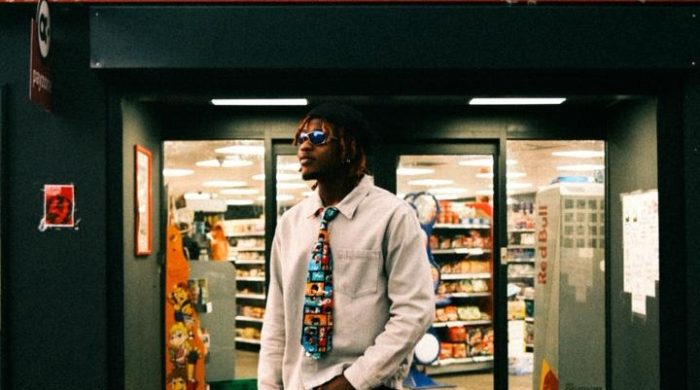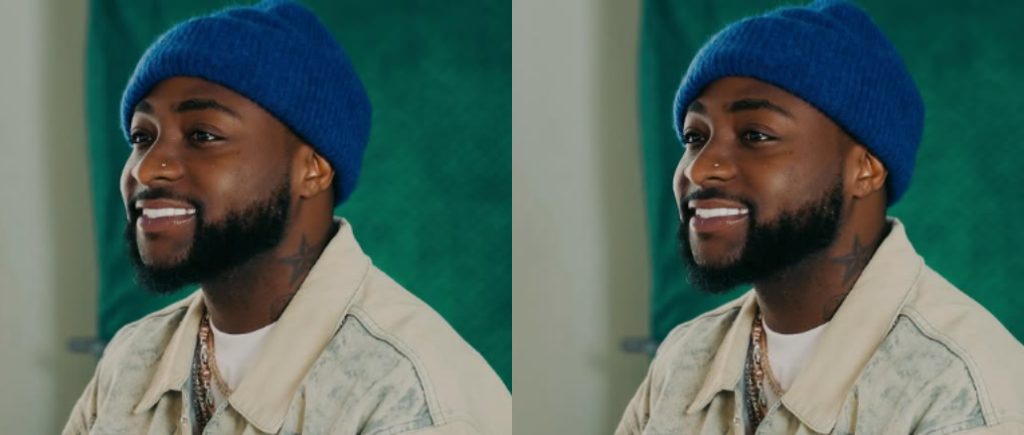Afrobeats Sensation Davido Opens Up About Why He Doesn’t Block Trolls Online
Social media can be a double-edged sword for celebrities—fueling both their fame and controversy. For Davido, one of Africa’s most prominent Afrobeats artists and the proud father of five, online criticism is a daily reality. Yet, unlike many stars who quickly block out negative voices, Davido has revealed his unique approach: he prefers to let his critics watch his continued achievements firsthand.
Why Davido Won’t Block His Social Media Critics
Responding to a wave of hostile comments on his 𝕏 (formerly Twitter) account, Davido explained his reasoning to his fans and followers. Rather than shielding himself from the negativity, Davido openly stated that he wants those who criticize him to witness his every accomplishment. According to his post, blocking detractors would deny them the opportunity to see his progress—something he says he wants them to observe, perhaps as a kind of poetic justice.
He bluntly wrote: “Me I no Dey block … I wan make u Dey see my doings… but I go curse ur papa.” The message, laced with the characteristic Nigerian sense of humor, was widely shared among fans, sparking debate on how celebrities should deal with online trolls in today’s digital age.
Differentiating Between Critics and Cyberbullies
While Davido demonstrates remarkable patience with online critics, he made it clear that there are limits to his tolerance. He emphasized that when attacks become excessively personal or abusive, he will not hesitate to retaliate—though in his own colorful way, using pointed words rather than the block button. This attitude resonates with many Nigerian social media users, who are well-versed in the challenges of online banter and shade-throwing on platforms like X, Facebook, and Instagram.
A Closer Look: Celebrity Resilience on Social Media
The topic of how celebrities handle social media vitriol is a pressing issue, not just in Nigeria but globally. For Nigerian icons like Davido, Tiwa Savage, and Burna Boy, public scrutiny is constant, and the temptation to retreat or filter out negativity is strong. Yet, Davido’s approach underscores a new form of artistic resilience—one that uses visibility as a response: “Let the critics watch and see if they can match the hustle.”
Lagos-based entertainment analyst Chukwudi Anozie weighed in, noting, “By not blocking trolls, Davido turns criticism into currency—he lets his success speak for itself, and in doing so, keeps his haters engaged as reluctant viewers of his achievements.”
Rumors Addressed: The Warri Club Incident
In a related development, online rumors swirled over the weekend following Davido’s visit to Warri, Delta State, for a wedding event and a later appearance at a local club. A viral video quickly circulated, capturing the moment someone appeared to hit the superstar on the head as he exited the club. Some social media users, eager to fuel the drama, claimed in their posts that a fan had slapped Davido.
However, Davido swiftly moved to set the record straight. Using his X account, he clarified that the incident was nothing more than an accidental bump by one of his security personnel. “No fan slapped me o, na my security mistakenly touched my head,” he posted, dismissing the viral narrative and reassuring his followers that there was no altercation with fans in Delta State.
Celebrity Encounters in Nigeria—Par for the Course?
Encounters like these are not uncommon for high-profile musicians in Nigeria, where fans’ enthusiasm can spill over into sometimes chaotic scenes. Clubs, concerts, and public appearances are major touchpoints for direct interaction—and occasionally, misunderstanding. The Warri incident is a reminder of both the passion and unpredictability that often surround stars like Davido in West African entertainment circles.
Social Media Management: A Survival Skill for Today’s Artists
Handling negative attention online is now practically a survival skill for Nigerian and African celebrities. While some, such as Wizkid, have previously deleted tweets or locked comments, others like Davido choose to keep channels wide open, daring their critics to bear witness to every new milestone.
- Transparency: Letting critics watch successes can be empowering for public figures.
- Boundaries: Drawing the line at personal abuse helps manage mental health while staying engaged.
- Fan Engagement: Misinformation can easily be spread, but prompt clarification—like Davido’s Warri statement—prevents escalation and retains trust.
Social media researcher Yetunde Olawale adds, “For many Nigerian entertainers, audience interaction is both a blessing and a burden. Davido’s strategy is a reflection of our culture’s focus on resilience and showmanship—even in the face of shade.”
The Reactions: Fans, Critics, and Industry Voices
Public reaction to Davido’s stance has been lively. Many of his fans have applauded him for his confidence, using the viral hashtag #NoBlockingDavido to share their thoughts across X and Instagram. Meanwhile, some argue that blocking persistent abusers is important for maintaining mental well-being, citing other musicians who have suffered from prolonged cyberbullying.
Across Nigeria and West Africa, the discussion touches on broader issues of cyber etiquette, freedom of expression, and the thin line between playful teasing and outright harassment online.
What Does This Mean for Other West African Celebrities?
Davido’s public approach may influence other African artists grappling with similar issues. By responding to, rather than retreating from, criticism, he sets a precedent for managing both brand and narrative. Industry watchers suggest that this “see me succeed” method could become more popular, especially in an ecosystem where audience engagement and relevance are critical.
According to Ghanaian pop culture writer Nana Kwesi Sam, “Our artists are learning to use social media storms to their advantage. How you handle hate—or love—online can become part of your success story.”
Looking Ahead: The Cost and Benefit of Visibility
For many stars, letting trolls and critics keep watching means the pressure to perform only gets higher. Yet it also reinforces the culture of transparency and direct fan engagement that defines Nigeria and Africa’s entertainment scene today.
Davido’s experiences reflect the challenges—and possibilities—for artists in the digital age: owning the narrative, defending one’s space online, and rewriting the rules of engagement as they rise to global stardom.
How do you feel about celebrities responding directly to their critics? Should stars block negative voices or let their achievements speak for themselves? Share your thoughts in the comments and join the conversation!
For any general questions, our support team is here for you at support@nowahalazone.com.
Don’t miss out—follow us on Facebook, X (Twitter), and Instagram to catch the latest in entertainment and trending stories!










